The Karanth children, Malavika Kapur, K. Ullas Karanth and Kshama Rau, now in their 70s, pen down an honest account of their parents’ lives and achievements in their book Growing Up Karanth.
Our ‘Tata’
Our father, Kota Shivarama Karanth (1902-97), was a protean genius who dominated the Kannada cultural scene for the better part of the twentieth century. His achievements in the varied domains that he so passionately engaged with are truly mind-boggling. Perhaps no other contemporaneous intellectual in India can match the way he straddled the diverse worlds of art, letters, popular science and social activism. His world was not a carefully cultivated academic intellectual one, conveniently insulated from the messy, tumultuous real world. Unlike most other Kannada writers, Karanth never held a salaried job in his life. He engaged in the rough and tumble of an activist’s life when he was barely twenty, by dropping out of college to plunge into the freedom struggle.
Although Shivarama Karanth has been a household name in Karnataka for close to a century, his genius and accomplishments are not as well-known outside. Some are probably aware that he is famous for ‘something’, but they are not sure exactly what that ‘thing’ is.
As for Kannadigas, while they have become increasingly literate and prosperous, ironically, the readership of Kannada books and magazines is declining among them. They profess admiration for Shivarama Karanth, whose image they can recognise on the yellow and red banners lauding Kannada displayed all over Karnataka. However, they don’t seem to appreciate the magnitude of his contributions to their own culture and society.
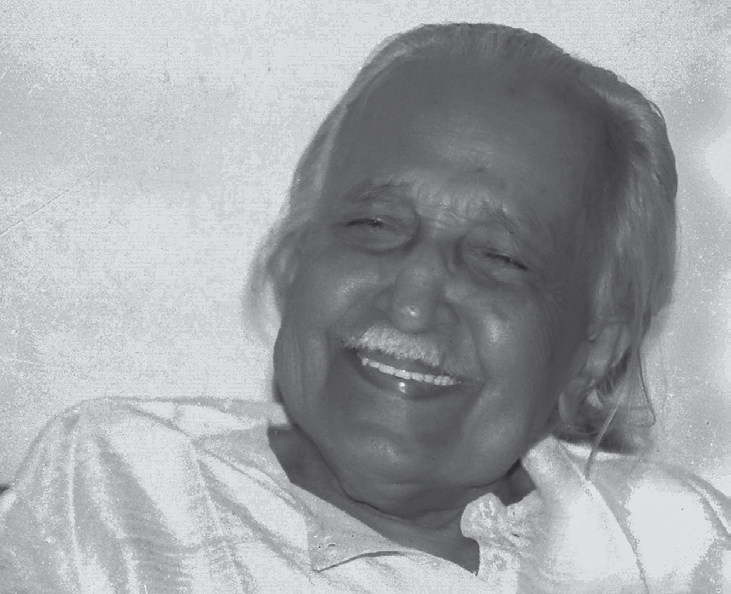
Kannadigas abroad do recognise Shivarama Karanth’s name, but know little else about him. We hope that among the coming generations in this Kannadiga diaspora, there will be at least some who would dig a bit deeper below the surface of their ‘Indian’ identity. An account of the life and times of Karanth may offer Kannadigas abroad a window for such explorations of their roots. We also hope our narrative around the personal struggles and accomplishments of a man who contributed so much to the formation of the Kannada identity would be of value to all those who seek to understand the making of modern India in the twentieth century.
As his children, collectively and singly, the three of us had proximate access to Shivarama Karanth for over six decades. We hope an honest account of his personal life covering this period would also be a useful contribution to the social history of Kannadigas and their land.
For all these reasons, we have made this effort to assemble our account.
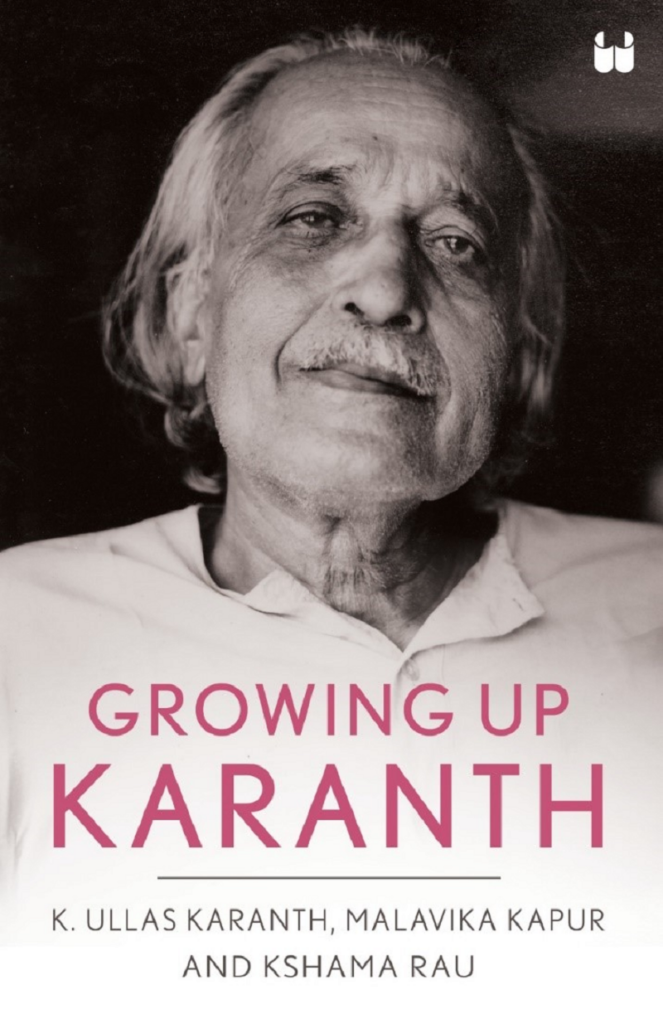
Book details:
Growing Up Karanth
By K Ullas Karanth Malavika Kapur, Kshama Rau
Westland Non-fiction
Rs 699; 242 pages
Publishing date: 11 October 2021
Tata’s great accomplishments were not stand-alone efforts. He was supported unflinchingly, through his most difficult, and most creative years, by our Amma (Leela Karanth [1919-86]). We have tried to do justice to her contributions in this account.
While growing up, Tata was lucky to be mentored by some remarkable persons senior to him. His subsequent accomplishments were also enabled by the staunch support he received from some of his peers and friends. There were also many younger admirers who selflessly served him, with very little expectation in return. Finally, there were exceptional individuals employed by him, without whom his life would have been much harder.
The critical role of all these people—who turned Karanth the ‘individual’ into Karanth the ‘institution’— remains hidden from most of his fans and readers. We believe their contributions to the ultimate flowering of Tata’s genius should be put on the public record. We also share with the readers some facets of his personal life and struggles, as a husband, a father and a family man.
The first problem we faced when we took up this narrative was that a lot has already been written about Tata. He had written three autobiographies, the first version of Huchchu Manasina Hatthu Mukhagalu (Ten Faces of a Whimsical Mind,), Smrithi Pataladinda (Memories on the Screen), written during the years 1977-79, and finally, Alidulida Nenapugalu (Fragments of My Memory) in 1995. Furthermore, numerous other scholars, journalists and admirers had written or compiled excellent articles and books about Tata and his work. Therefore, we had to seriously ponder how we could add any value to this rich corpus of writings.
What does this book contain? Every individual’s life history unfolds in a specific historical and social context. In the first two chapters, we have tried to provide such contexts in the case of both Tata and Amma.
We have briefly described the social and family backgrounds of both our parents, their relationship and key turning points in their lives that preceded our births (Malavika in 1940, Ullas in 1948 and Kshama in 1950) in the first two chapters. We hope this provides our readers with the background to unpack our personal narratives in chapters 3 to 9. The three of us join hands again as co-authors in the final chapter.
In all these chapters, we have tapped into our distinct memories of the years we spent with our parents. We do not claim to be unbiased biographers, emotionally detached from our subjects. For good or bad, bits of our own life stories and feelings are woven into the fabric of this book.
The three of us offer very different perspectives on the events we describe. This is but natural because the three of us are very different personalities. We grew up in somewhat different circumstances. Each of us was treated differently by our parents. We hope this heterogeneity among perspectives enriches rather than detracts from the stories we tell.
Shivarama Karanth, the man, had many positive qualities as well as a few negative ones. Many of these are known only to a few individuals who witnessed the events we describe. We had ringside seats as witnesses to events in this story. Sometimes we were also participants.
No one else can perhaps narrate this story like we can.
(Excerpted with permission from Growing Up Karanth by K. Ullas Karanth, Malavika Kapur and Kshama Rau, published by Westland Non-fiction.)
Write to us at [email protected]

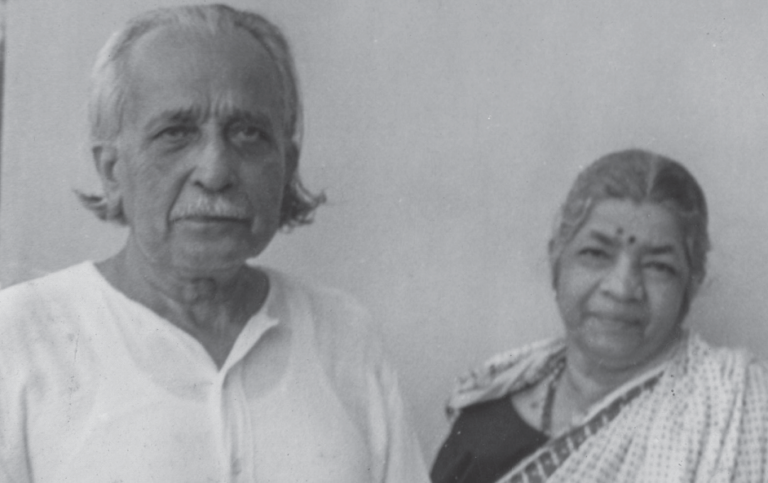
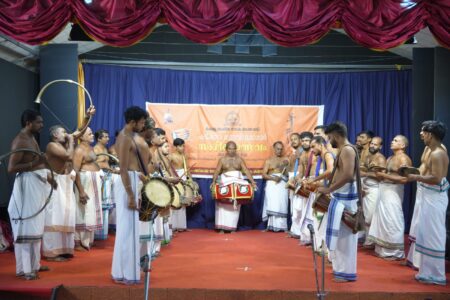

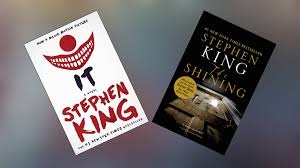
1 Comment
I admire shiv ram karanth as a social Reformer .
I see him as humanist and rationalist.
I find very few humanists and rationalists.
Most of the Indians are found brain washed. Very few are capable of open thinking , which is very essential .
That is why it is said religion is opium.